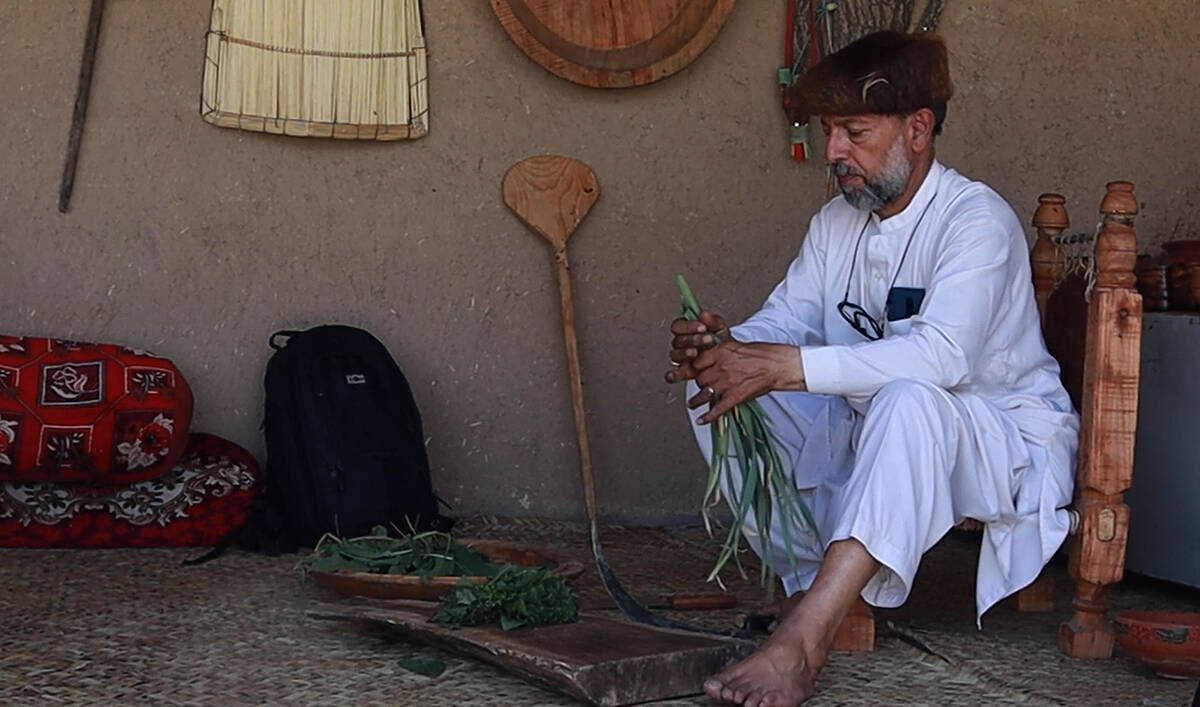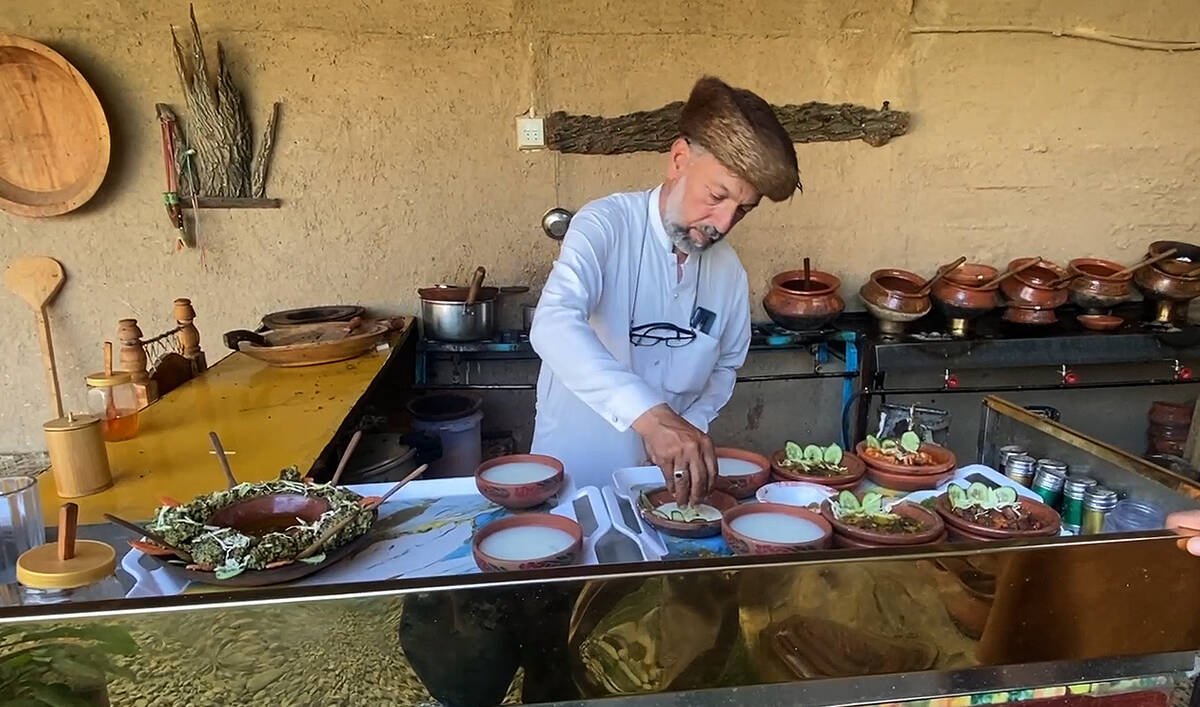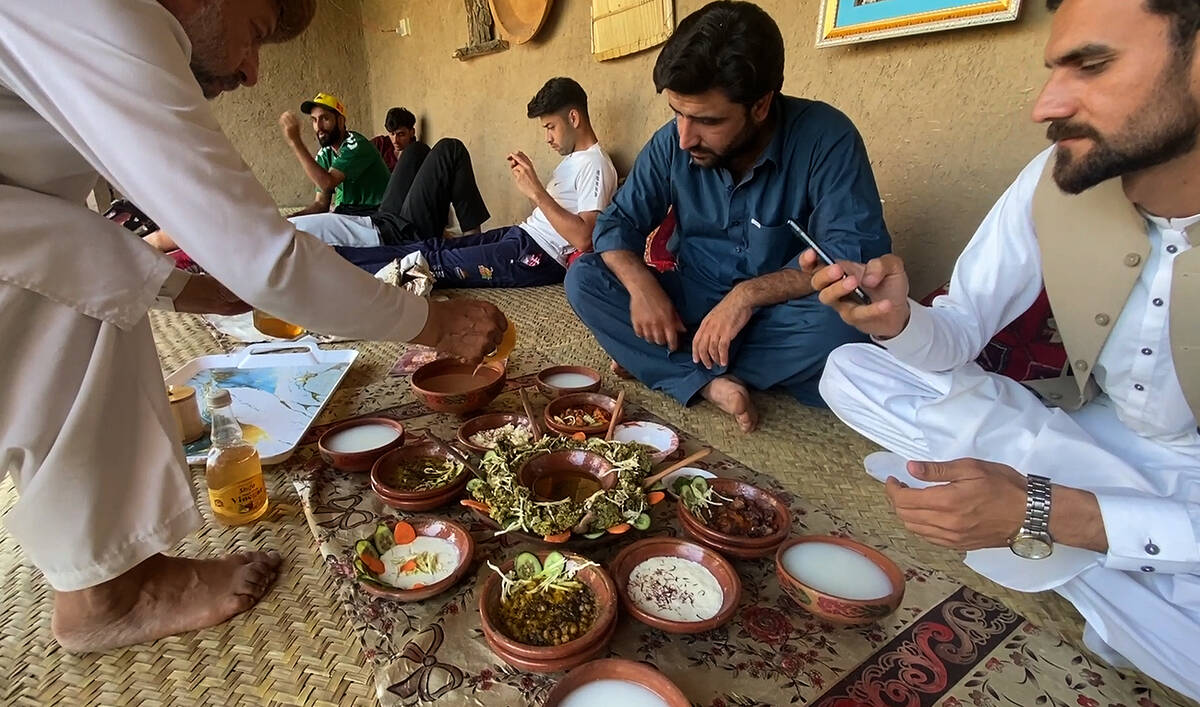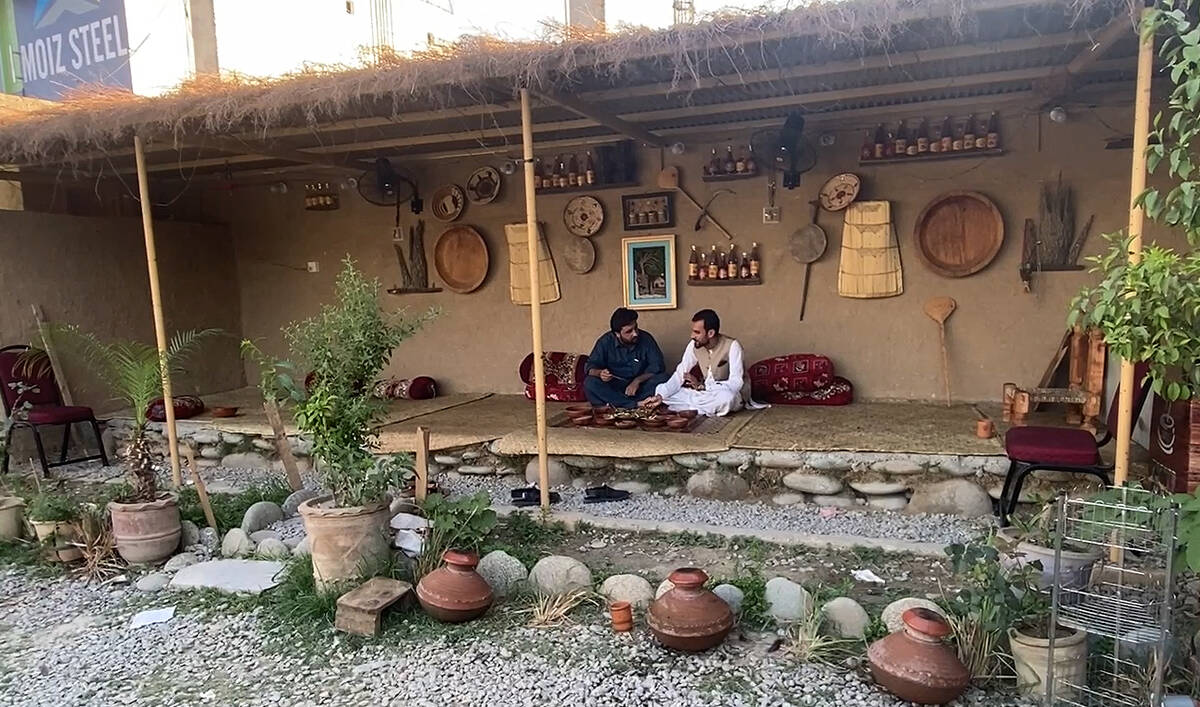ISLAMABAD: For Pakistani traveler and writer Shueyb Gandapur, visiting India was less a sightseeing trip and more a journey into long-held curiosity, layered with red tape and quiet moments of recognition. On one hand, it was a chance to walk through the stories his grandfather once told him about the place, but on the other, it meant checking in at police stations 10 times in 16 days.
The journey took place in 2017, when Gandapur, a chartered accountant who has traveled to over 100 countries, secured an Indian visa via an invitation arranged through personal contacts.
His experiences are now the subject of a newly released travelogue titled Coming Back: The Odyssey of a Pakistani Through India, published in January 2025 in the United Kingdom and now available in Pakistan.

An undated file photo of Pakistani traveler and writer Shueyb Gandapur in India. (AN Photo via Shueyb Gandapu)
“India visas are restrictive,” he told Independent Urdu in a recent interview. “They list only specific cities you can visit, and you have to report to a police station when you arrive in each one, and again when you leave.”
“During my 16-day stay, I went to police stations 10 times,” he continued. “They’d pull out an old register from a shelf and write down my details. I often wondered how many names had filled those pages, and whether anyone ever looked at them again.”
Cross-border travel between Pakistan and India is closely monitored, particularly in recent years as diplomatic ties have deteriorated. But Gandapur’s book avoids political commentary, focusing instead on moments of human connection and cultural echoes that defy national divides.
In New Delhi’s bustling Paranthe Wali Gali, he recalled, a waiter greeted him with a strangely familiar tone: “It’s been a long time since you came by.”
Gandapur had never been there before.

An undated file photo of Pakistani traveler and writer Shueyb Gandapur in India. (AN Photo via Shueyb Gandapu)
“It was my first time,” he said. “But the welcome felt like I was coming back to a place I’d once known.”
As he traveled through cities like Agra, Jaipur and Varanasi, Gandapur began to notice traces of a shared past, with old shops and streets bearing names from present-day Pakistan.
In the Indian capital, he found schools named after Dera Ismail Khan, his hometown. The local D.I. Khan community, he learned, still publishes newsletters and preserves its identity generations after the Partition.
His literary enthusiasm led him to the graves of Urdu greats like Mirza Ghalib and Qurratulain Hyder.
“I wanted to see how Urdu lives on in India and what Indians think of our poets and writers,” he said.
Perhaps the most surprising encounters came with Pashto-speaking Hindus, descendants of communities that once lived in Pakistan’s northwest but remained in India after 1947.
“They call themselves Hindu Pashtuns,” Gandapur said. “They’ve been largely forgotten by history, but they’re still holding on to their language, their stories and a sense of who they are.”
While Coming Back is framed as a personal narrative, it also reads as an invitation to look past borders and bureaucracy and notice what endures.
Gandapur said he hoped to return to India one day, with Lucknow, Hyderabad and Mumbai on his list.
“There’s so much still to explore,” he said. “To really understand the culture we share, one journey isn’t enough.”





















